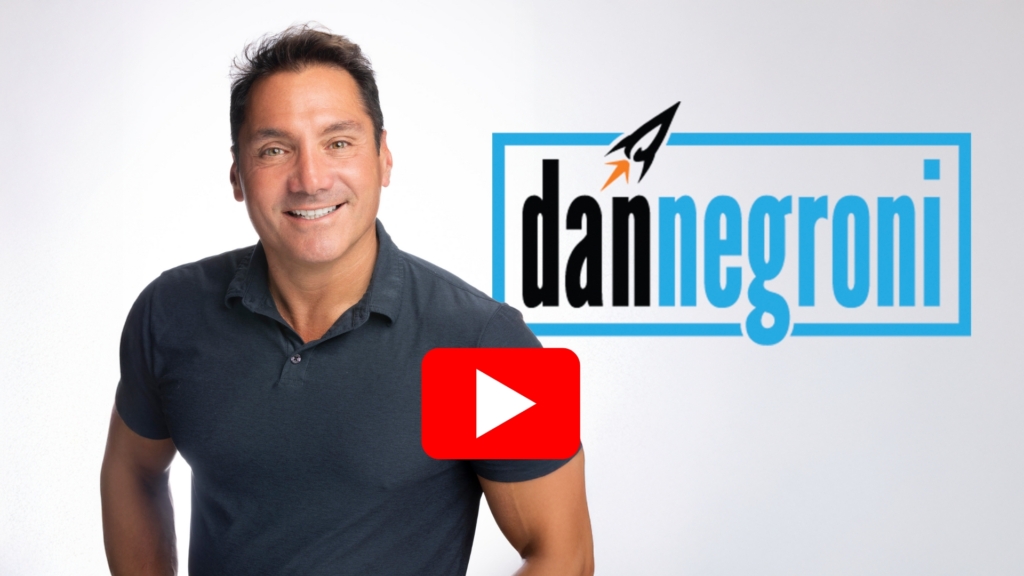We keep hearing that Gen Z is the problem.
They’re “entitled.” They “don’t want to work.” They “won’t stay.”
But what if the real story is the opposite?
What if The Gen Z Advantage is exactly what the workplace needs — not a challenge to overcome, but a blueprint to evolve?
The Gen Z Advantage: A Mirror for Modern Leadership
The Gen Z Advantage isn’t about age — it’s about awareness.
This generation grew up watching every system — political, corporate, educational — promise one thing and deliver another.
They’ve seen companies preach purpose while prioritizing profit.
They’ve watched leaders talk transparency while hiding behind dashboards.
So when they push back, ask for meaning, and expect clarity, it’s not rebellion.
It’s accountability.
They’re holding up a mirror and asking every leader a hard question:
“Are you really leading — or just managing the status quo?”
That’s not resistance. That’s refinement. That’s The Gen Z Advantage in action.
What The Gen Z Advantage Looks Like in Practice
In every keynote, classroom, and coaching session, one truth repeats itself:
Gen Z isn’t confused. They’re curious.
They’re asking the right questions:
- “Who am I at work?”
- “What matters most?”
- “How do I build a life that means something?”
They’re not rejecting hard work — they’re rejecting hypocrisy.
And in doing so, they’re reminding us what leadership was always supposed to be.
Gen Z reveals what the next era of leadership demands:
- Clarity over confusion
- Coaching over command
- Purpose over policy
- Connection over compliance
They’re not asking for more. They’re asking for meaning.
AI Meets The Gen Z Advantage
AI is accelerating the change Gen Z has been asking for all along.
For them, technology isn’t threatening—it’s empowering.
They expect feedback, development, and opportunity to move at the same speed as their lives.
They don’t want a manager who monitors.
They want a coach who contextualizes — someone who uses data and insight to unlock human potential.
That’s where AI can be the unlock Gen Z desperately wants.
What Leaders Must Learn From Gen Z
Gen Z is forcing us to evolve — not because they’re impatient, but because they’re awake.
They’re showing us that the future of work depends on the fusion of humanity and technology.
Gen Z teaches us:
- Coaching is the new management
- Culture is the true performance system
- Connection is the productivity multiplier
- Human + AI is the winning formula
They’re not here to tear work down.
They’re here to rebuild it better — with empathy, purpose, and accountability at the center.
Gen Z Is the Future of Work
If you’ve been frustrated by Gen Z, pause.
That friction you feel? It’s growth.
This generation isn’t just disrupting the workplace — they’re diagnosing it.
They’re reminding us that leadership without clarity fails, and culture without connection collapses.
The Gen Z Advantage isn’t a trend.
It’s a transformation.
It’s the reset button we didn’t know we needed.
The question isn’t whether Gen Z is ready for work.
It’s whether we’re ready to lead them.
Want to turn The Gen Z Advantage into your organization’s biggest opportunity?
Book my new keynote — “Cracking the Gen Z Code: Coaching the Next Gen to Win with AI.”
You’ll learn how to:
- Lead, develop, and retain Gen Z talent
- Integrate AI to coach and scale performance
- Build a high-trust, high-impact culture that thrives across generations
